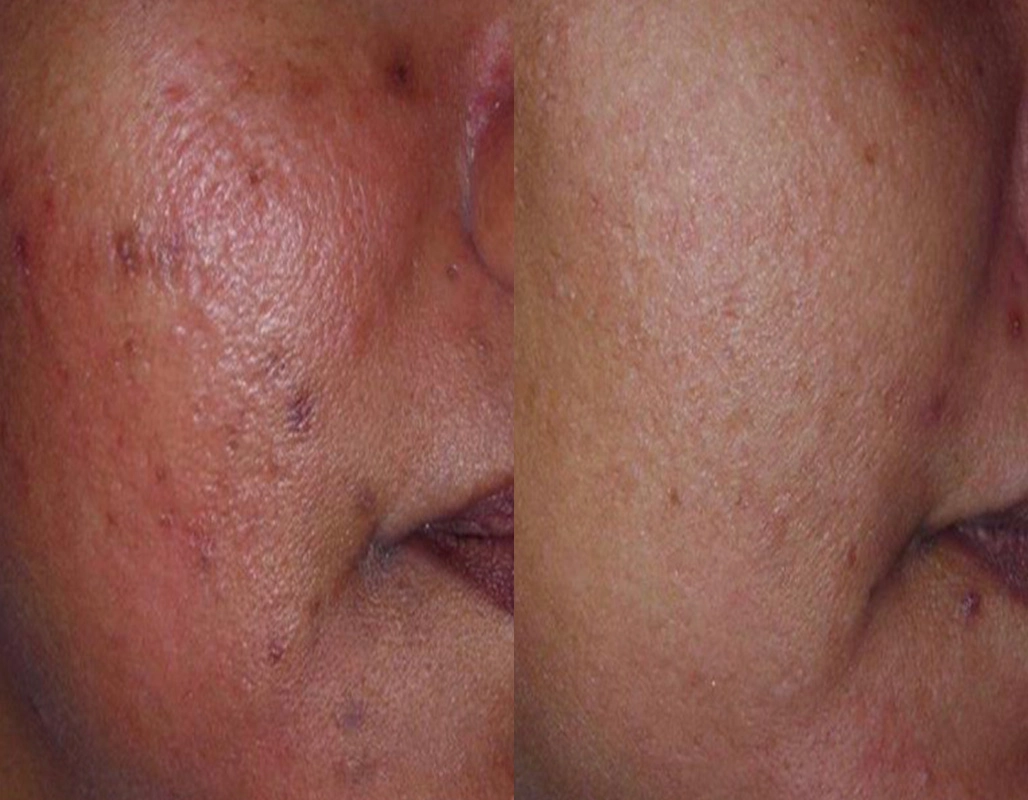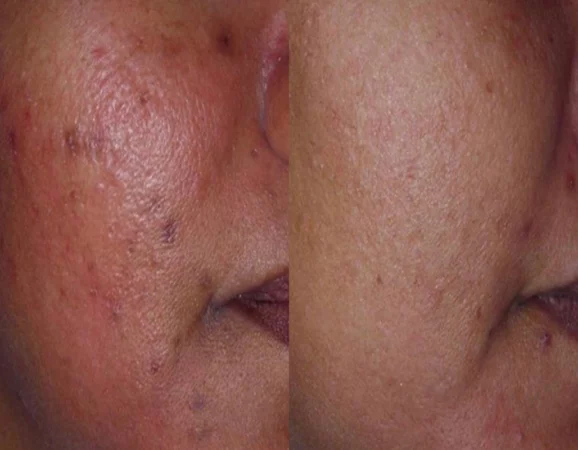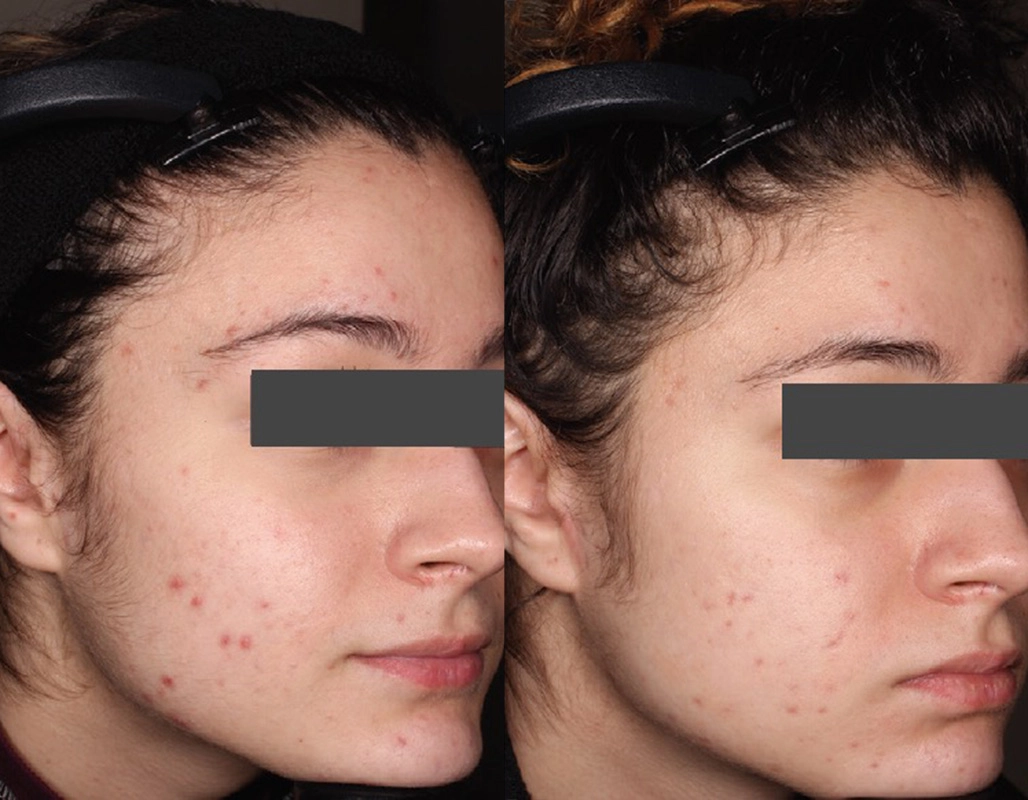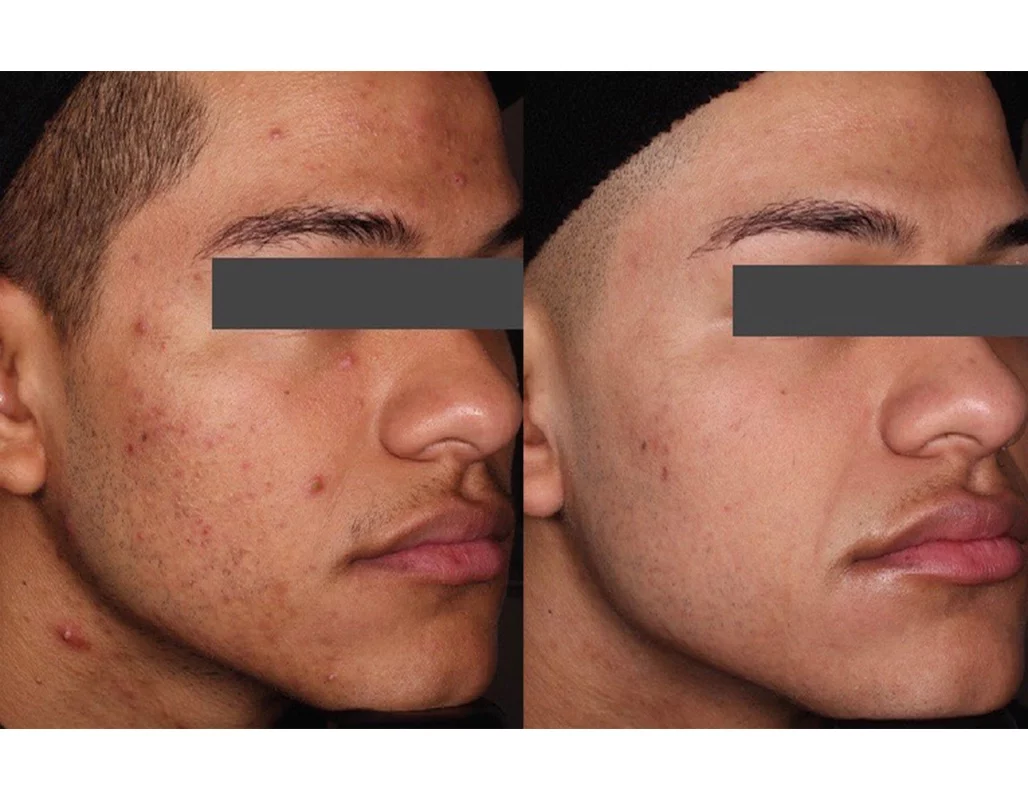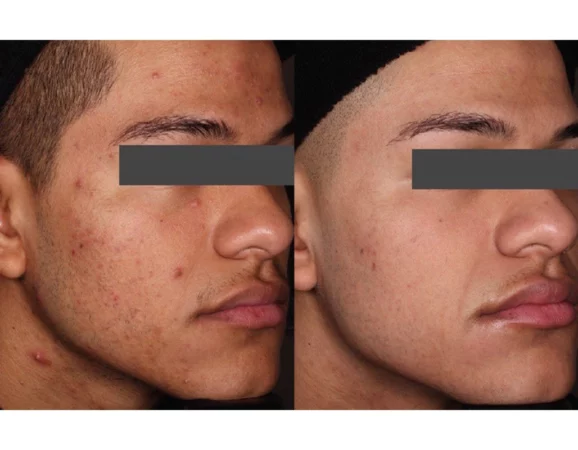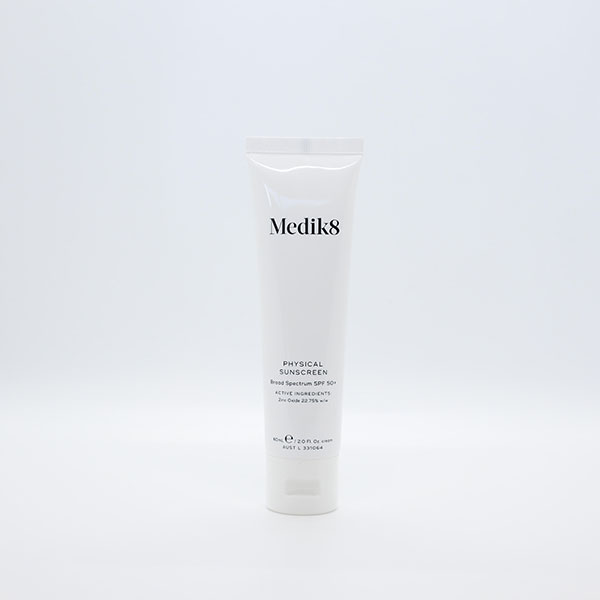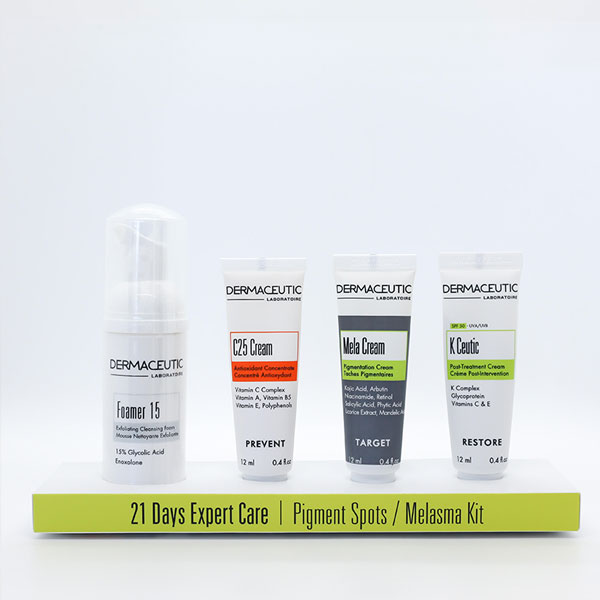The vitamin A group of medications includes both topical treatments and tablets. These agents are often referred to as the “retinoids”. This group of medications are used by dermatologists to treat psoriasis & a wide range of other skin conditions. Retinoids are best combined with phototherapy to treat psoriasis.
Vitamin A For Psoriasis at a glance
我们的结果不言自明
常见问题
What Vitamin A products are available?
Vitamin A can be delivered as a cream or gel and comes in various strengths. It works by helping to normalise the overproduction of skin cells in psoriasis and helps reduce inflammation that causes redness and discomfort on the skin.
Vitamin A tablets can also be used in moderate to severe psoriasis.
What types of psoriasis can be treated with vitamin A?
Vitamin A is useful for treating many forms of psoriasis including-
Patches of psoriasis, termed chronic plaque psoriasis
- Guttate psoriasis or small scattered lesions
- Scalp psoriasis affecting the hairline
- Nail psoriasis
- Flexural psoriasis
- Hand & foot psoriasis
How are they used?
Often vitamin A topical treatments are used in conjunction with other treatments such as other topical vitamin D & anti-inflammatories, phototherapy light treatments & tablet treatments. We recommend a carefully individualised treatment plan when using these products.
Are vitamin A treatments safe?
The most common side effect from these products is burning, stinging and redness of the skin. They can also increase the risk of sunburn so patients must be careful to limit sun exposure and use protective sunscreens when using this product.
These products do not cause thinning of the skin, but they can help to reduce the thickness of psoriasis lesions on the skin.
Women who are pregnant or trying to become pregnant should not use these products. It is important to discuss your pregnancy plans with our specialists so that the safest options can be recommended for you.
Can I get enough Vitamin A through my diet?
At Cutis Dermatology we encourage patients to take a holistic approach to managing their psoriasis, including looking into supplements, diet and managing stress levels.
Increasing vitamin A can be obtained thru diet, however in many cases the levels aren’t high enough.
Learn more (link to psoriasis diet)
Vitamin A creams & tablets are highly effective in treating most forms of psoriasis. It is best combined with narrowband phototherapy for faster results.
What can I combine with Vitamin A to clear my psoriasis faster?
For bad or resistant cases of psoriasis, we often combine narrowband phototherapy with Vitamin A treatments to achieve a quicker clearance rate than either treatment alone.
Phototherapy can reduce the inflammation in the skin due to psoriasis. This treatment also can reduce the abnormal turnover of cells in psoriasis which causes the scaling.
Using both treatments (Vitamin A combined with UV light), also enables the UV phototherapy to penetrate into the deeper layers of the skin.
Learn more: (link to phototherapy in this section)
What are the costs associated with Vitamin A prescriptions?
Most vitamin A products are under the PBS scheme. This means they are government subsidised.
3 months’ supply of tablets cost less than 30 dollars. Vitamin A cream prescriptions range between $25-$75, depending on the strength and brand.
Is a doctor’s prescription required?
A doctor’s prescription is usually required to use these products in Australia. Most prescribed topical vitamin A products for psoriasis are made more affordable under the government’s Pharmaceutical Benefits Scheme (PBS)
Any final tips?
The use of Vitamin A is extremely useful in all forms of psoriasis, from mild to severe. Vitamin A creams are best used on small areas and can be especially useful on the face.
Titrating the amount and frequency is very important. Tablets of vitamin A compounds can be very useful in treating moderate to severe psoriasis, however with these higher doses of vitamin A tablets, specialist monitoring is needed. In summary, vitamin A treatment plays a very important role in the management of psoriasis patients.


